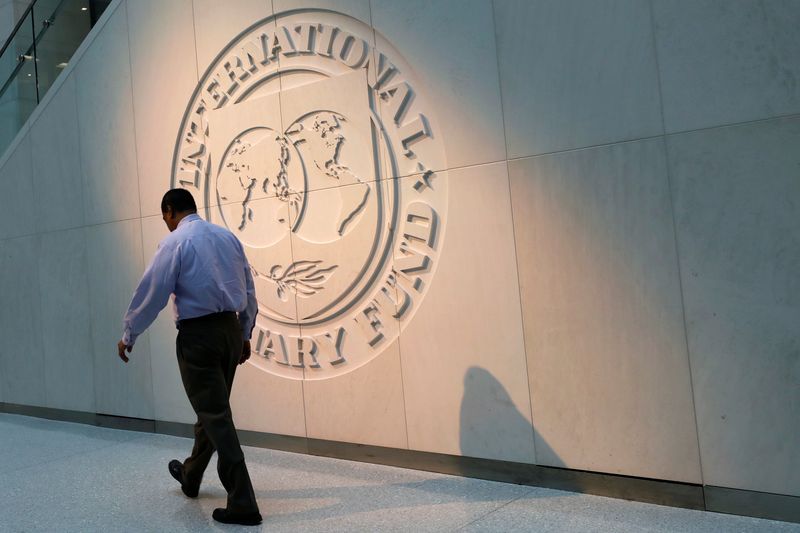Borgestad A faces Q1 revenue drop and stock decline, while EasyJet stays on track with profit targets despite a pre-tax loss. Generali outperforms with strong P&C-driven quarterly profits.
Why World Pulse Now?
Unified Coverage
All major sources, one page
Emotional Lens
Feel the mood behind headlines
Trending Topics
Track trends across continents
Read Less, Know More
Sharp summaries of big moments
Live Stats
7,672
94
212
an hour ago
Mobile App
Get instant summaries, explore trending stories, and dive deeper into the headlines — all in one sleek, noise-free mobile experience.
Stay in the Loop
Get the latest news and insights delivered straight to your inbox
Why World Pulse Now?
Unified Coverage
All major sources, one page
Emotional Lens
Feel the mood behind headlines
Trending Topics
Track trends across continents
Read Less, Know More
Sharp summaries of big moments
Live Stats
7,672
94
212
an hour ago
Mobile App
Get instant summaries, explore trending stories, and dive deeper into the headlines — all in one sleek, noise-free mobile experience.
Stay in the Loop
Get the latest news and insights delivered straight to your inbox




